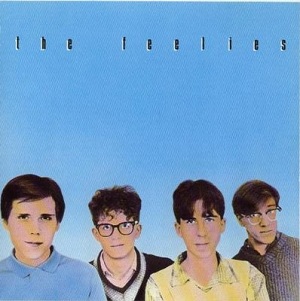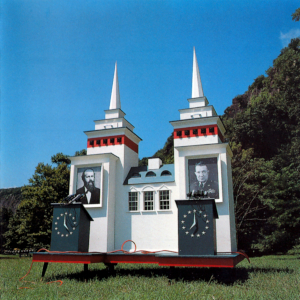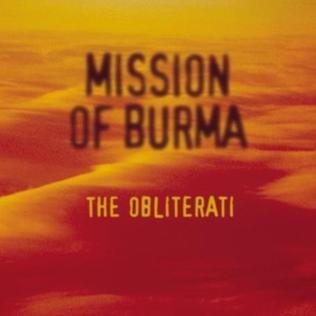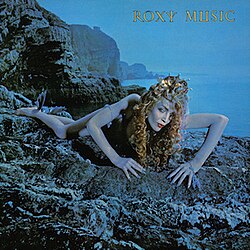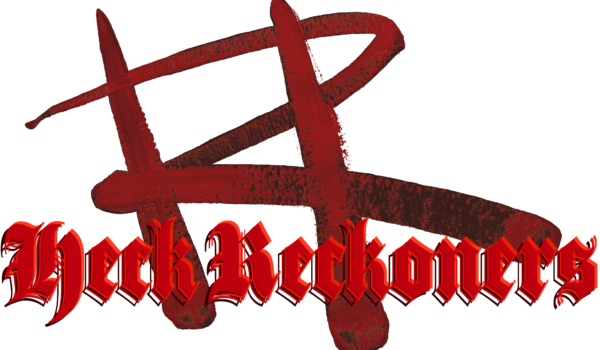The first decade of the 2000s was the last in which it felt like there was a distinct divide between mainstream and independent music. On one side you had fans of Norah Jones, Christina Aguilera, and Eminem, and on the other, fans of Arcade Fire, The White Stripes, Wilco, and TV on the Radio. Those groups rarely overlapped. In fact, that decade was probably the last in which “independent” music fans defined themselves as much by who they HATED as much as who they liked – which was silly, but it did help give definition to the last bit of a culture that perceived itself to be a counter-culture.
If you were an indie fan in 2010, the year of Deerhunter’s Halcyon Digest, you probably followed Pitchfork, said you “read books instead of watching television” (that would soon change), and had opinions about bands as diverse and yet somehow related as Animal Collective, Broken Social Scene, and The Decemberists. You watched as the post-punk revival bands of the early decade went pop (Yeah, Yeah, Yeahs, The Arctic Monkeys), burned out (The Strokes), or got weird (Liars). You saw punk kids get sequencers and four-on-the-floor drum beats because LCD Soundsystem told them to. And you probably drank a thousand PBRs and wore a trucker hat for some reason.
You also bore witness to what was the last stylistic turn of “indie music” as a whole before the whole subculture became co-opted (or allowed itself to be co-opted) by mainstream media – which would itself spend the next decade getting shattered into a million pieces by social networking platforms and user-directed algorithms. In the late ‘00s, after years of indie rockers honing their lyrics, playing with more precision (and chops), and writing more concisely, slowly but surely, the culture turned, and the natty pop of, say, Vampire Weekend, was out, while reverb, fuzz, tinkly synths, and stoned rambling was back in.
The first half of the 2010s would see the rise of stoney festival headliners like The War on Drugs, Tame Impala and Beach House, and retro punks like No Age and Wavves. They would be among the vanguard of fuzzed out, psychedelic space cadets, bringing the sounds of the 60s and 70s into the new millennium. All of those bands would release good to great albums over the next couple years, but my favorite anticipated theirs, Deerhunter’s fifth, Halcyon Digest.
Although it irritates their mastermind Bradford Cox who considers its follow-ups to be better, Halcyon Digest is the best album of Deerhunter’s career. It’s the perfect maturation of their early sound. It’s by turns gentle and welcoming, while also being unnerving and droning. This is music for remembering, but not for nostalgia. This is enjoyable like a nice fall day in the park, but maybe you get bit by some ants.
Cox is one of the true originals left. Stricken with Marfan’s Syndrome, he cuts an amazing figure onstage, tall and very thin, often wearing a dress. Now in his early 40s, he has declared himself asexual, gay, nonbinary (as far as I know, Cox still goes by “he”), and, his Wikipedia page notes* that as of 2019, he’s still a virgin. The music he creates is the art of an offbeat weirdo, but it’s given flesh by the sympathetic collaborators.
Between 2005 and 2011, Cox released eight LP – five with Deerhunter, three as the solo project Atlas Sound. In the years since, Deerhunter have released three albums, with their last, the well-reviewed but tepidly received Why Hasn’t Everything Already Disappeared?, which itself appeared in 2019. It has been radio silence ever since. I think we’re due for a new round of Deerhunter appreciation.
This album recommendation was inspired by critic Steven Hyden’s Substack appreciation for Halcyon Digest’s centerpiece song “Desire Lines,” which is a three minute poppy banger with a dreamy three minute outro.
https://stevenhyden.substack.com/p/my-favorite-songs-deerhunters-desire
Deerhunter’s hazy, backwards-looking aesthetic would develop into the hottest genre of the new decade: chillwave, a blanket designator used to describe a raft of not-all-that similar bands like DIIV, Neon Indian, and Washed Out.
